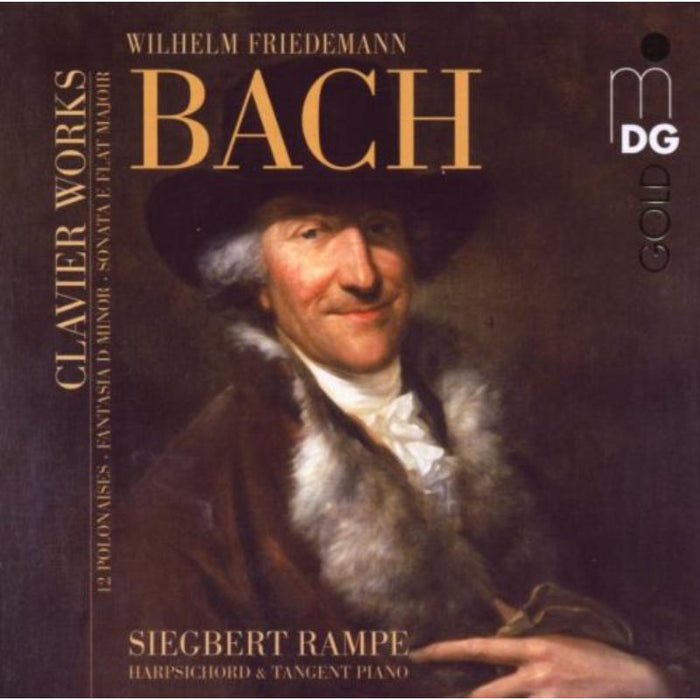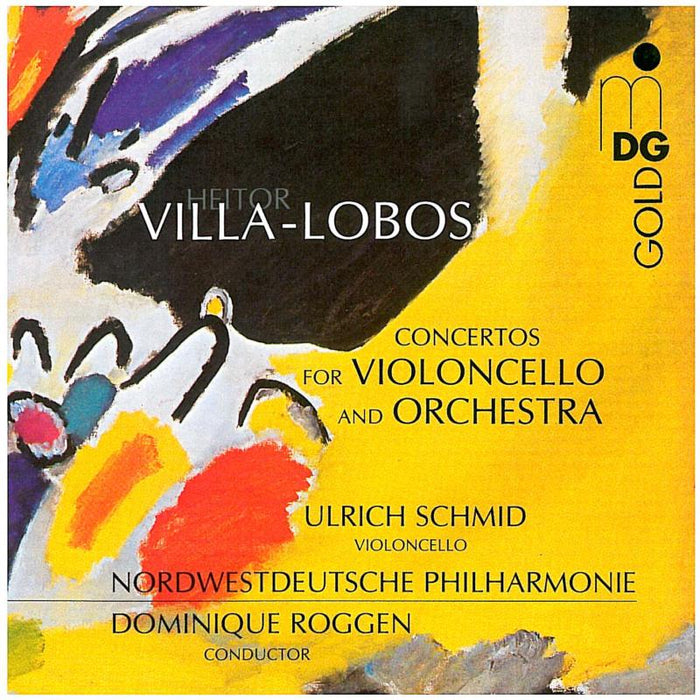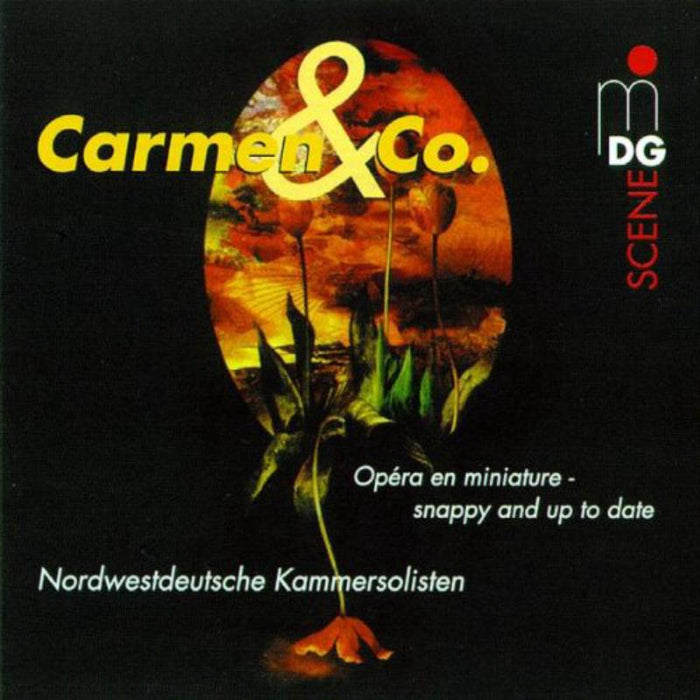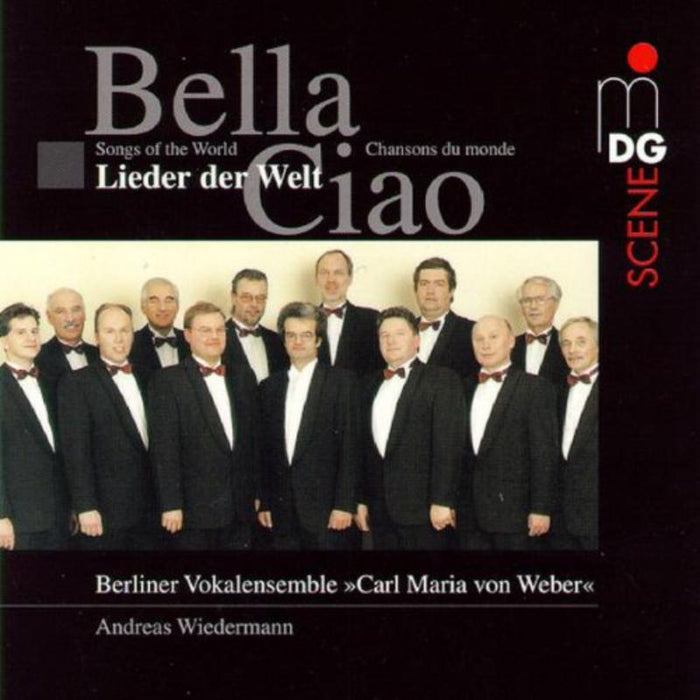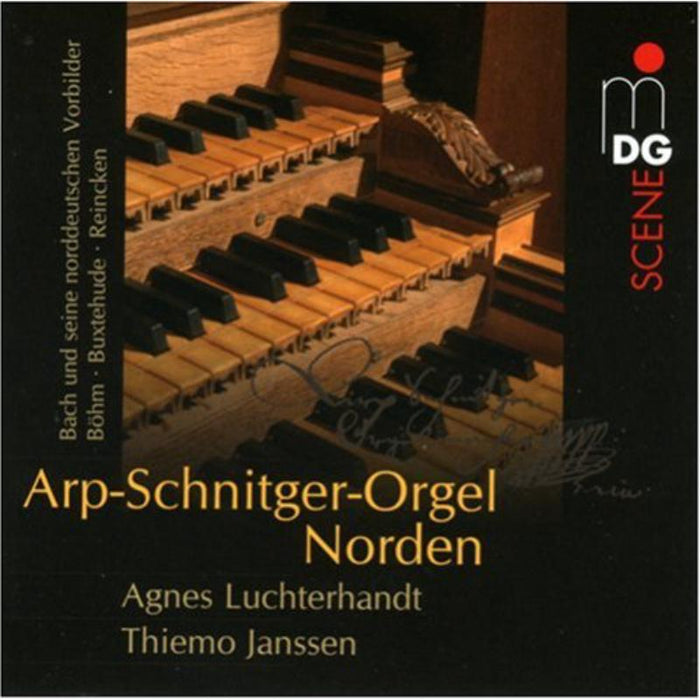Description
Alexander Asteriades effortlessly manages the balancing act between ambitious artistic demands and refreshingly accessible sonority. He often finds inspiration in literary sources, which provide a fascinating glimpse into the composer's imagination. With his preference for traditional forms and a modern approach to tonal composition, Asteriades escapes the cul-de-sac of atonality.
Asteriades is a self-taught composer, as well as a violinist, musicologist and doctor of philosophy. His music is inspired by the great masters spanning six centuries, who have set him on his very own compositional path. Even though there are no triadic references, the music is definitely tonal. The Giocoso String Quartet masterfully present harmonies with parallel fifths and fourths which have an archaic reminiscence of medieval organum.
Ave Maris Stella (hail, star of the sea) is at the heart of the string quartet. Asteriades takes this 11th century medieval hymn in praise of the Virgin Mary and puts it in the form a ricercar, an instrumental piece laid out in strictly contrapuntal manner, such that each voice is absolutely independent of the other, yet contributes to a unified whole (coincidentia oppositorum - a correspondence of opposites).
Ursula Thurmair and Jorg Gottschick sing poems by Goethe, Georg Trakl and Friedrich Holderlin, amongst others, accompanied by Paul Rivinius's fine piano playing. In the tradition of 19th century classical piano song, the music adds a new layer of meaning to these enchanting poems, composed in song and yet in a contemporary musical language rarely heard today.


